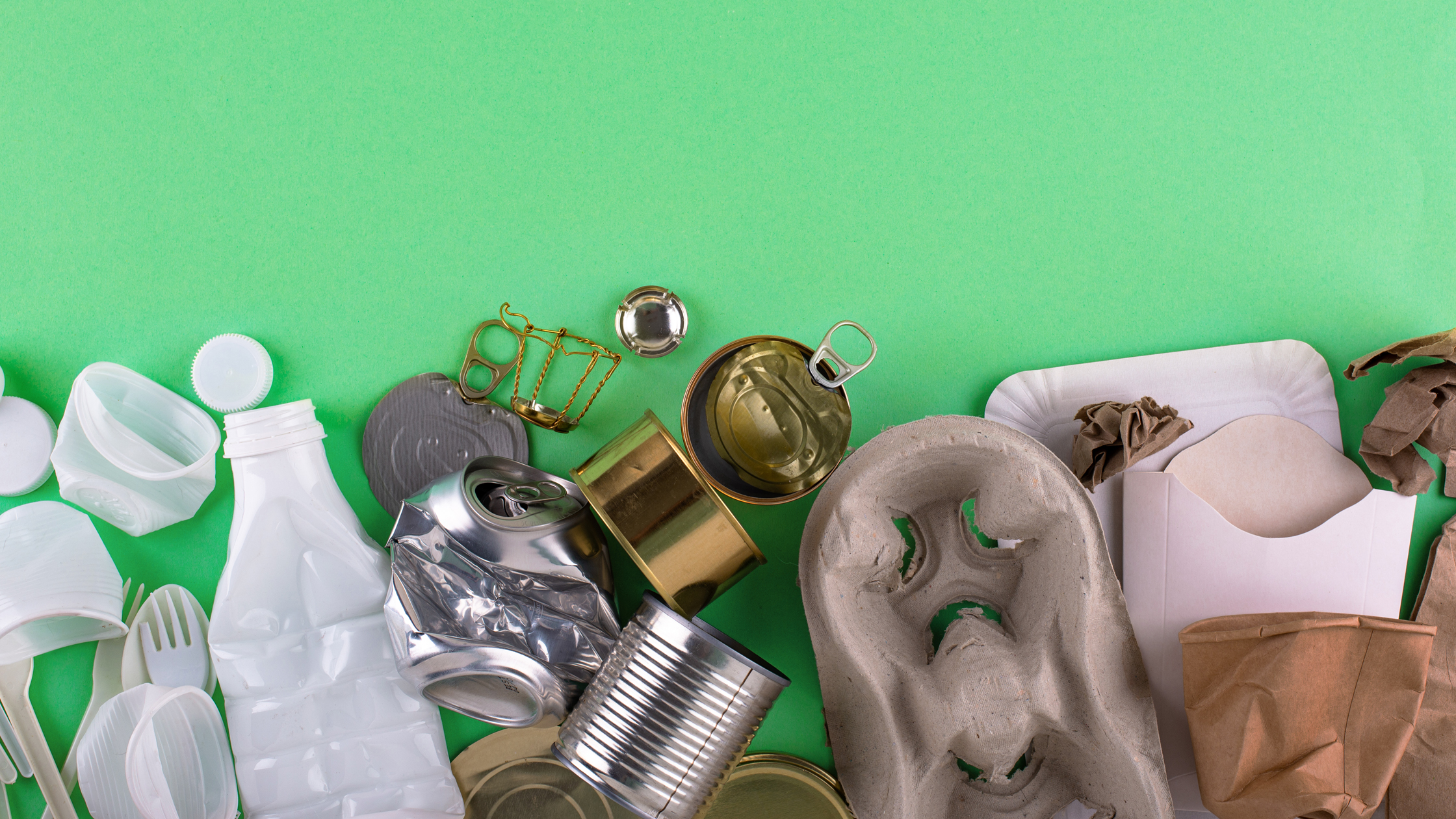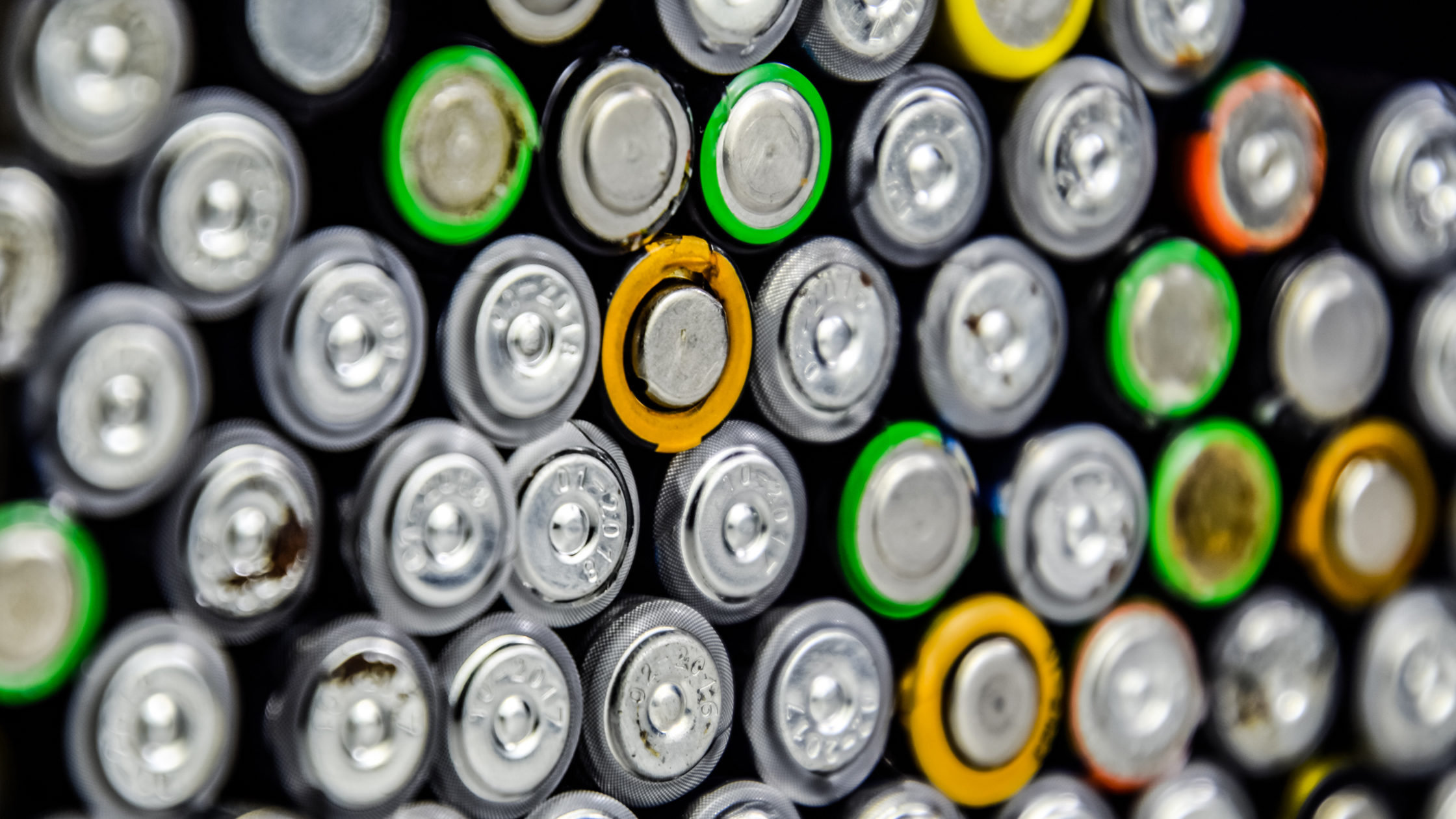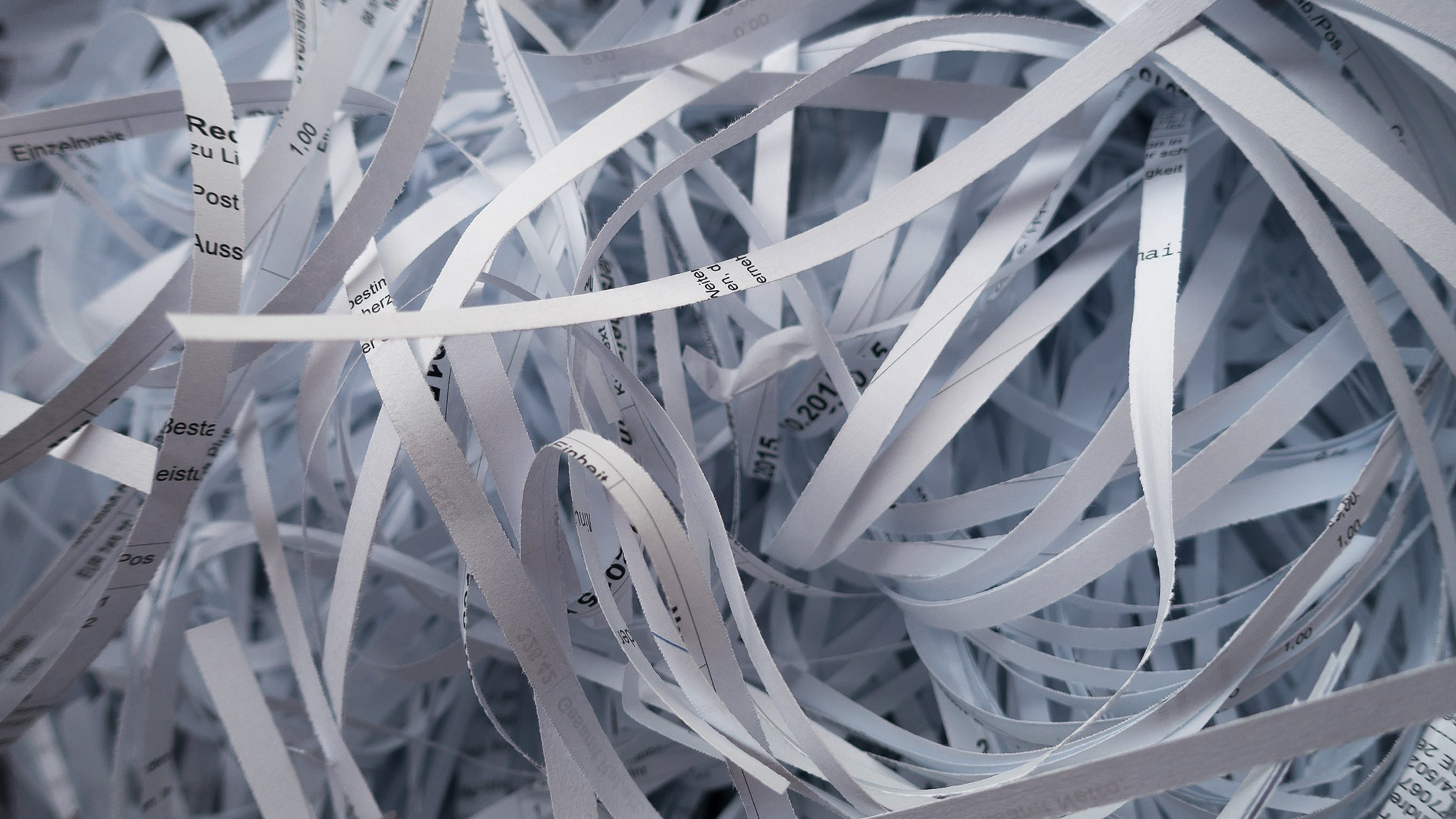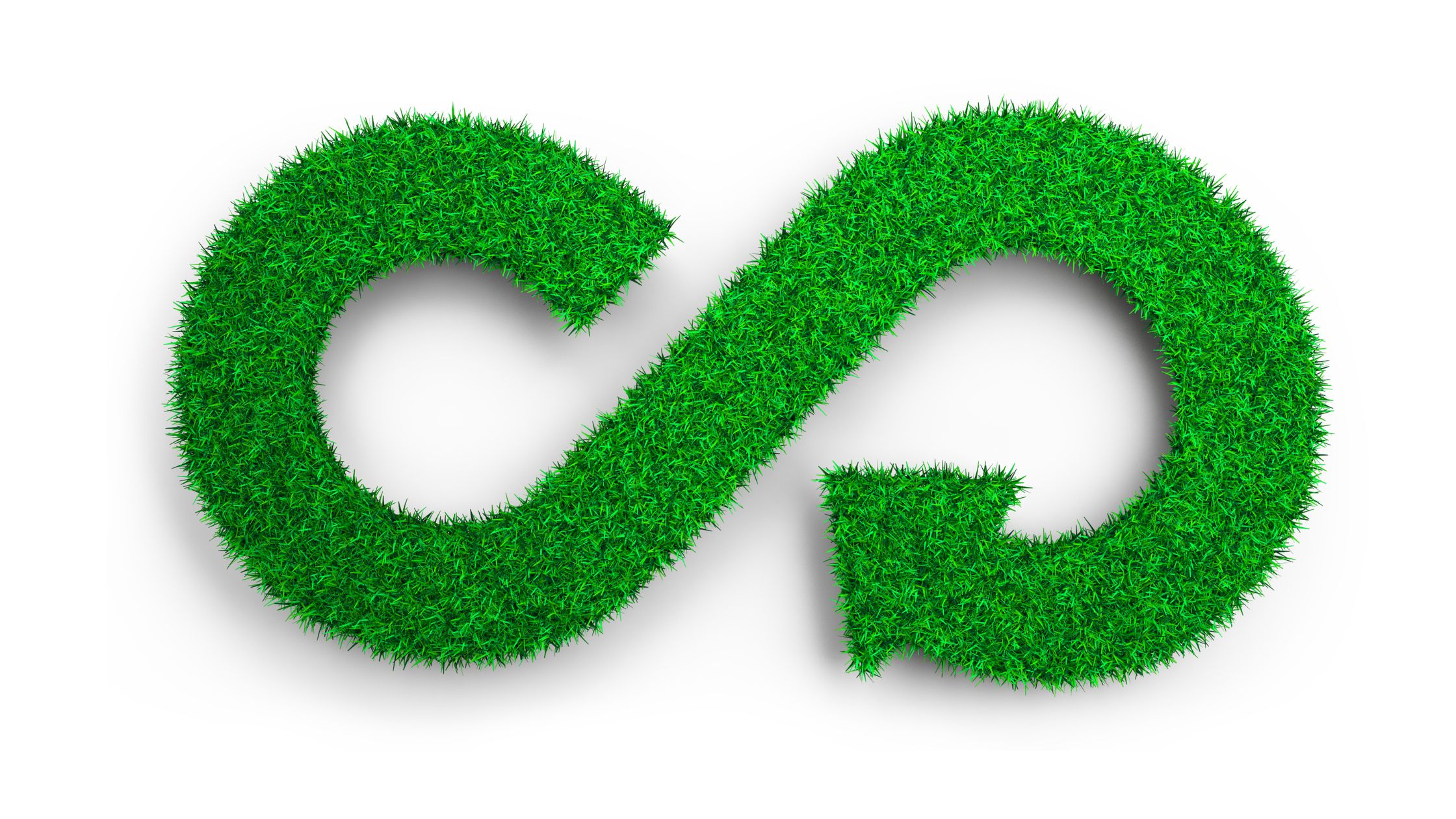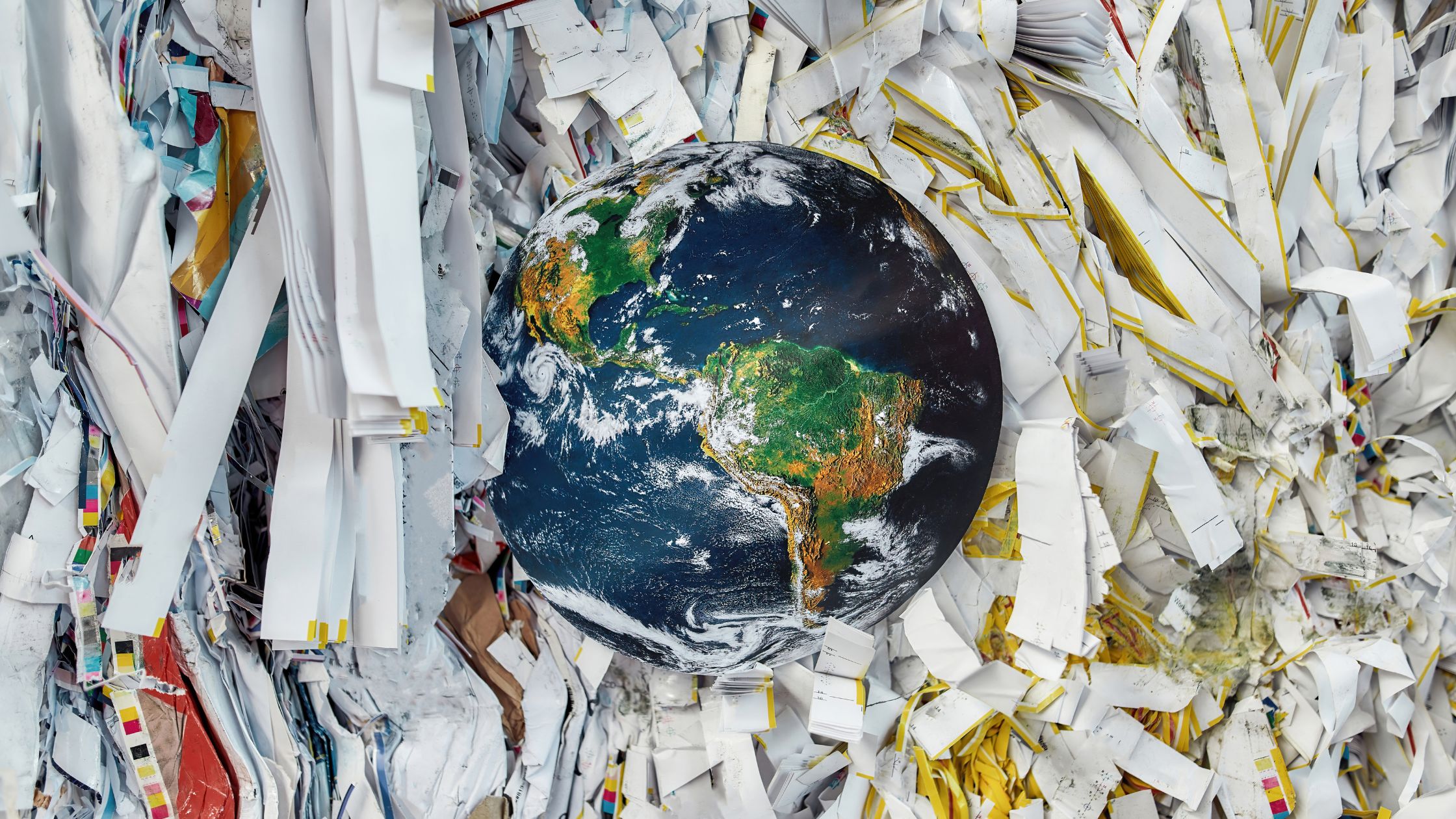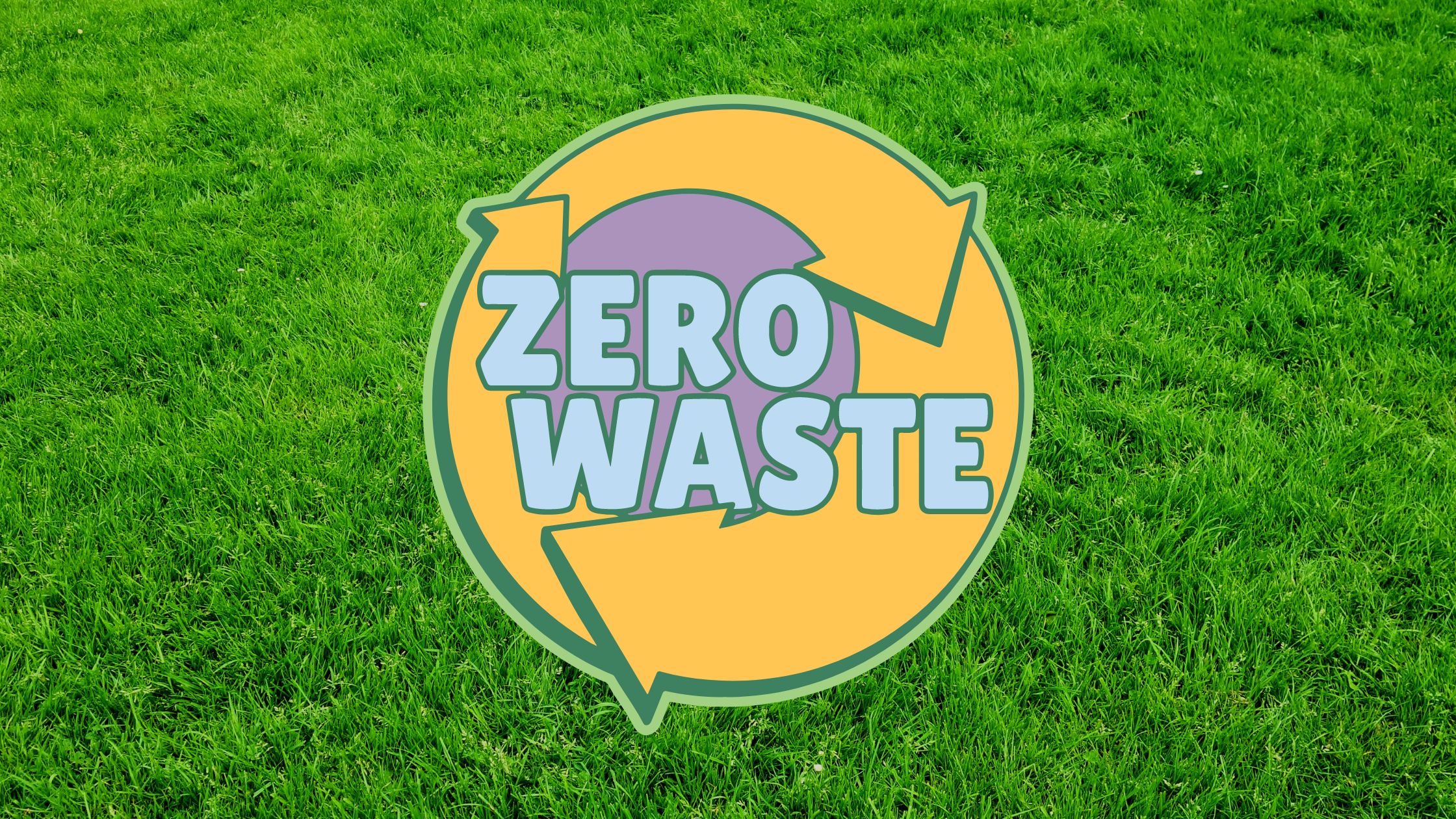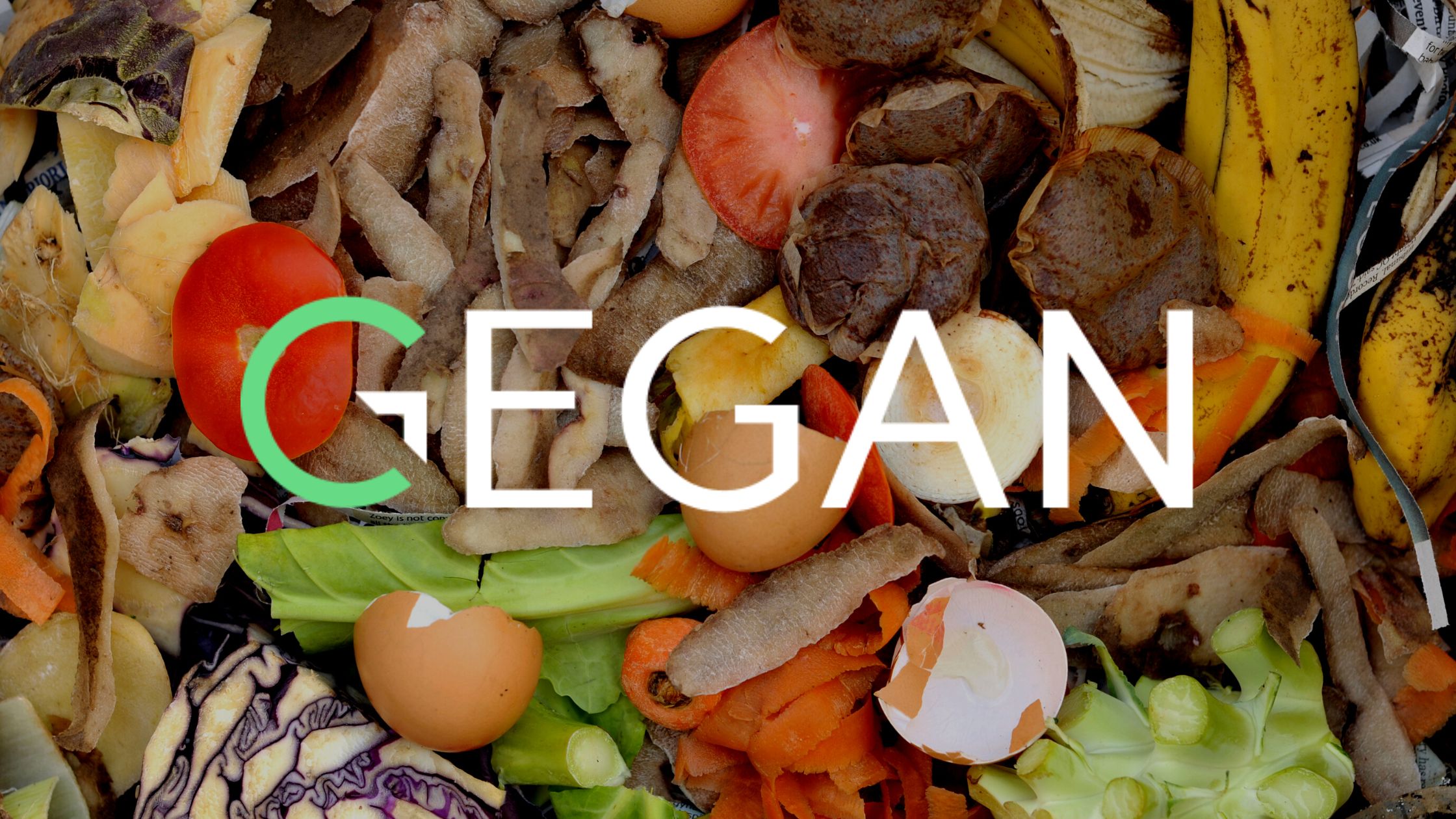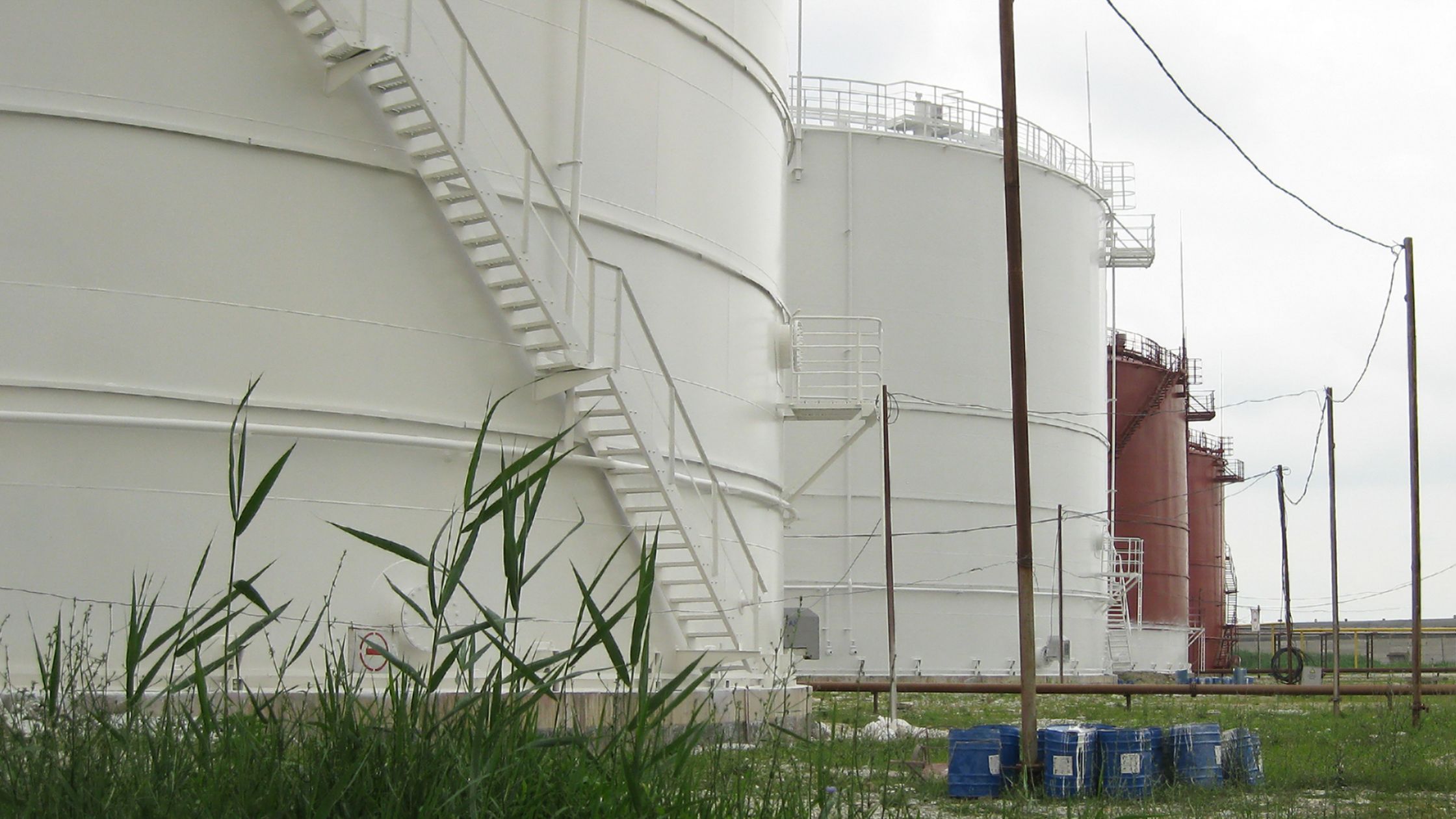
Recycling and eco-friendly practices are (thankfully) becoming increasingly common and expected in the world of business. However, whilst these changes have mostly been positive, we are seeing issues like ‘greenwashing’ and now ‘wishcycling’ on the rise.
Wishcycling has infiltrated the modern waste management landscape like a persistent itch, and it’s time to scratch the surface of this misguided practice.
What the heck is wishcycling?
Let us paint a picture for you. You’re standing in front of your recycling bin, holding an item that seems recyclable, and without actually checking you whack it in the recycling bin. After all, what harm could it do? It’s better to recycle something even if you’re not sure, right?
That’s wishcycling – tossing items into the recycling bin with the hope that they’ll somehow magically become recyclable, even if they’re not. It’s like throwing a dart in the dark and hoping it hits the bullseye. Except, in this case, the consequences aren’t a simple “miss,” but rather a tangled mess of contamination that wreaks havoc on the entire recycling process.
Why does wishcycling happen?
At its best, wishcycling happens because good intentions have gone awry. The sense of responsibility we feel toward the environment can cloud our judgment, making us toss items into the recycling bin with a hope that someone, somewhere, will figure it out. And then there’s the sneaky hope that we can absolve our guilt of using single-use plastics or non-recyclable materials by simply tossing them into that blue bin.
We’d like to think it’s the above rather than people being too damn lazy to double check a packet.
Wishcycling can’t *really* be that bad, can it?
Wrong – it really is that bad! When non-recyclables infiltrate the recycling stream, they become contaminants that can render entire batches of recyclable materials useless. Imagine a cake mix where someone accidentally spilled motor oil into the mixture – would you still eat it? Probably not.
Recycling facilities operate under the same principle. A contaminated batch can be sent to landfill, nullifying the efforts of conscientious recyclers. This contamination conundrum isn’t just a minor hiccup – it’s a full-blown migraine for waste management systems. Sorting facilities are tasked with separating the wheat from the chaff, and when they’re inundated with wishcycled items, it’s a bit like asking them to sort a jigsaw puzzle without knowing how many pieces of it there are floating around. It’s also subject to human error and becomes a drain on resources, which can also be detrimental to the environment in itself.
Ah crap, I’ve wishcycled. How can I make sure it doesn’t happen again?
Mistakes happen, so don’t beat yourself up too hard. What can you do instead? Get educated so that the same mistakes don’t happen again.
Fortunately, avoiding wishcycling is mostly just plain old common sense. Read the guidelines carefully on packets and make sure you’re familiar with your local recycling programme, including which materials are accepted and how they should be prepared. If an item doesn’t make the cut, don’t throw it in just for the heck of it and don’t use grey areas as an excuse to just jam something into the recycling bin either.
For example, cardboard can largely be recycled, but what if that cardboard was used to deliver a pizza and now comes with a healthy serving of grease and tomato sauce? Cardboard can’t be washed, and food contaminates could totally F-up that recycling batch, so it’s better to not recycle this box. It may seem counter intuitive, but you’d actually be doing more harm than good. Like we said before, most of these decisions really are just common sense.
How can businesses avoid wishcycling?
Chances are if you’re on our website you’re a business looking for some niffy, green waste management solutions. If you feel your business is red handed in the war on wishcycling and you’d like to be a lot greener, there are a few things you can do, including:
Educate your staff: An obvious one, but make sure your staff are clear on your recycling policies and understand what can and can’t be recycled.
Label recycling bins: It’s so easy for items to be absent mindedly dumped in the wrong recycling bin so make sure any recycling facilities you have in the office are clearly marked.
Partner with sustainable waste management companies: Hello – that’s us! By partnering with Gegan, we can carry out a waste audit to pinpoint your waste sources and patterns, eliminate hotspots and ensure that your business is disposing of waste in both a cost effective and eco-friendly manner.
Find out more about our sustainability practices and discover how we could help your business right here.
Ready to start being an Earth saviour?
Contact us today.


